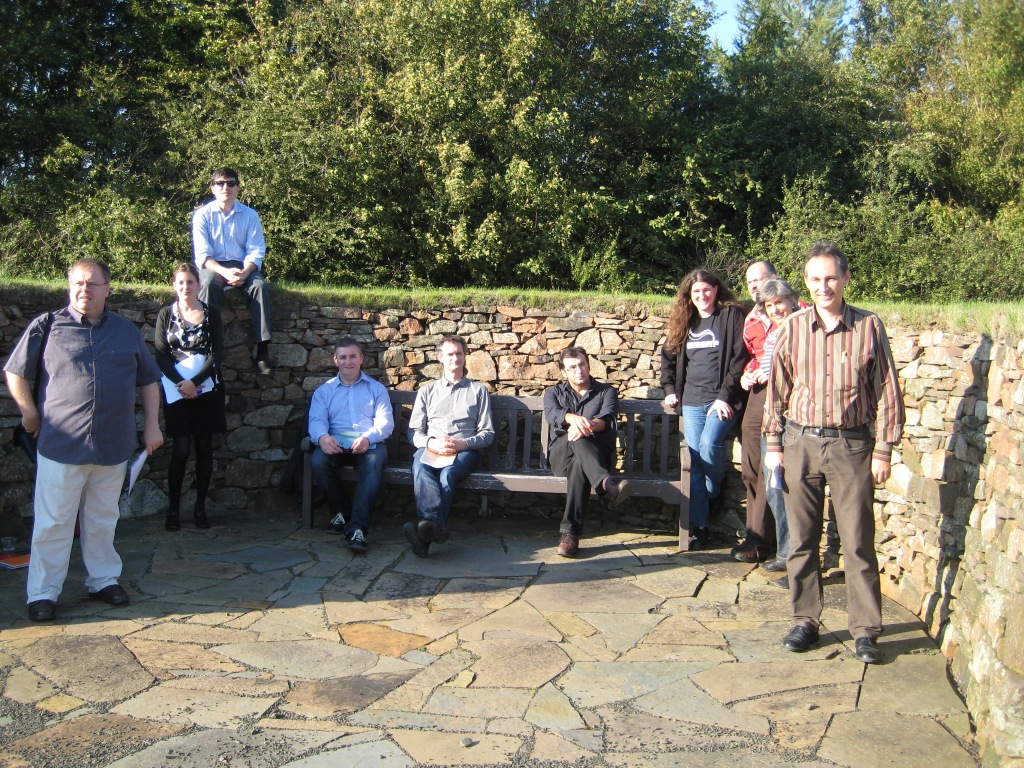by Bernie O’Rourke
On Friday 30th October, the Irish Language Commissioner, Rónán Ó Domhnaill, launched a Research Report on New Speakers of Irish. The report was prepared by Heriot-Watt LINCS Professor Bernadette O’Rourke and colleagues Dr. John Walsh and Dr. Hugh Rowland of the University of Ireland, Galway.
This joint venture between Heriot-Watt University and the University of Ireland, Galway presents the results of research on the background, practice and ideologies of ‘new speakers’ of Irish. ‘New speakers’ are defined as people who regularly use a language but who are not traditional native speakers of that language. The report is based on research conducted in recent years by a network of European researchers titled New Speakers in a Multilingual Europe: Opportunities and Challenges under the auspices of COST (European Co-operation in Science and Technology). Prof O’Rourke is the Chair of the network which consists of some 400 researchers from 27 European countries.
What the research demonstrates is that anyone can become a new speaker of Irish or any other minority language, regardless of their language background. However, people need more support to become new speakers and the report makes specific policy recommendations which will help people make that transition if implemented.
‘The findings of our research on Irish have many parallels with other languages in Europe including Basque, Catalan, Breton, Galician, Welsh and Scottish Gaelic, and this report will provide invaluable insights into the broader opportunities and challenges that new speakers bring to a multilingual Europe. The recommendations we have made in relation to new speakers of Irish will feed into a broader set of recommendations at EU level and help identify a common framework of understanding and policy implications at European level’, said Prof O’Rourke. This report builds on other research conducted in Scotland on new speakers of Gaelic by O’Rourke, Professor Wilson McLeod and Dr Stuart Dunmore of the University of Edinburgh.
Ferdie Mac an Fhailigh, Chief Executive of Foras na Gaeilge (the body responsible for the promotion of the Irish language) welcomed the report and the importance of new speakers. The research will feed into recommendations on how best to support new speakers of the language in the future.
A copy of the report is available on the Foras na Gaeilge website.



